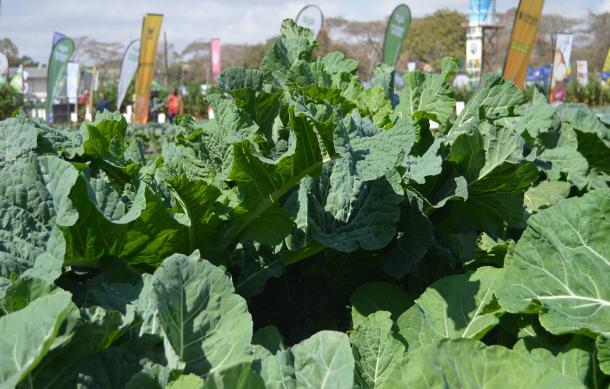
The Corporate Communication Officer of the Agro Marketing and Trade Agency (AMTA), Pasval Elijah, says farmers are willing to work with the agency.
Currently, AMTA is in business with 400 farmers across the country.
Ongwediva Fresh Business Produce Hub has the biggest chunk of 180, followed by Rundu with 120 horticultural farmers, while the Windhoek Collection Hub has the least with 111 farmers.
"This is quite a good number to work with, and these farmers we have contracts with and appear on our database. Experience shows that farmers are willing to work with AMTA, and clearly, there is potential in the agriculture sector to ensure we produce not only for our consumption but for supplying beyond Namibian borders. However, some farmers are situated far from the current AMTA facilities, which makes it difficult for those who intend to market their produce with AMTA. It is therefore costly for the agency to reach these farmers, says AMTA's Corporate Communication Officer, Pasval Elijah.
She says the agency is also venturing into value addition by means of processing its excess products to minimise discards while adding value to the products.
"We would like to have facilities that you have processing facilities or equipment, e.g., if you have surplus tomatoes but do not sell them fresh, maybe you can process them, and if we do not have financial resources, we will not implement our activities."
AMTA also has the role of assisting farmers to access markets for their products.
"If the markets are limited, it becomes difficult for AMTA to absorb all products for storage, which will later result in business loss. Therefore, optimal utilisation depends on the quantities produced and available markets."
Elijah also encouraged farmers to enter into offtake agreements that indicate the quantities required by AMTA and the frequency of production.
However, farmers are encouraged that if they can work together, they can also do it because AMTA cannot travel long distances to collect a pallet of green pepper; it is not business-wise as it does not make sense, so farmers are encouraged to work together so that in the sense of transport, we will have a number of products."





